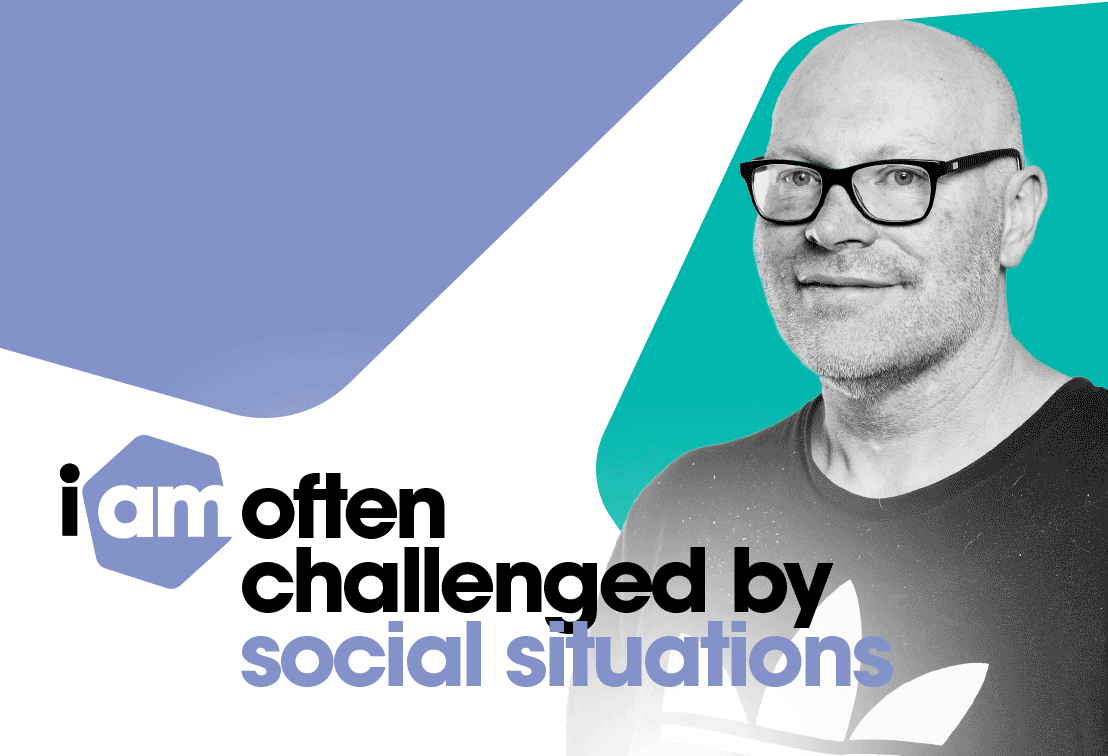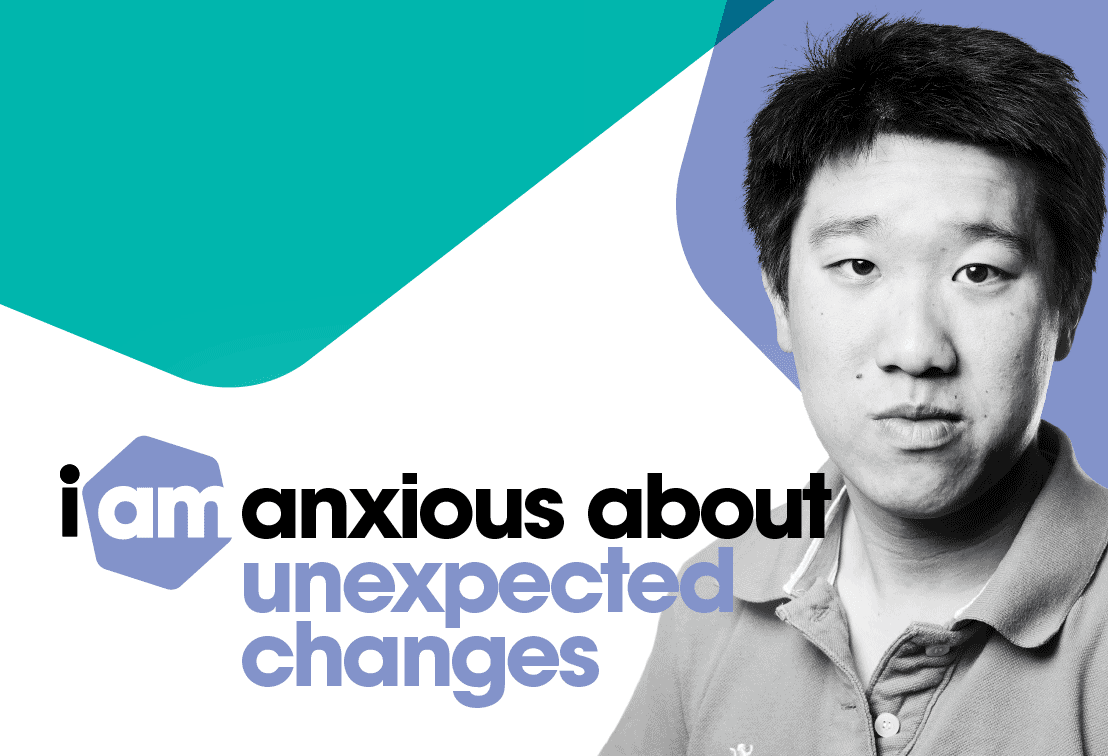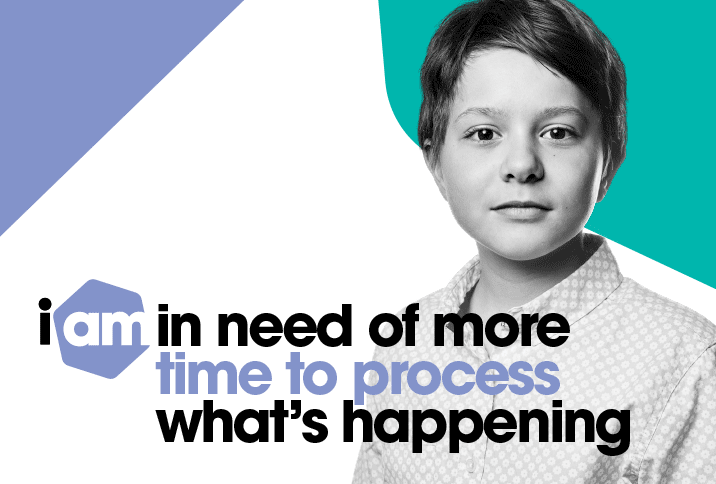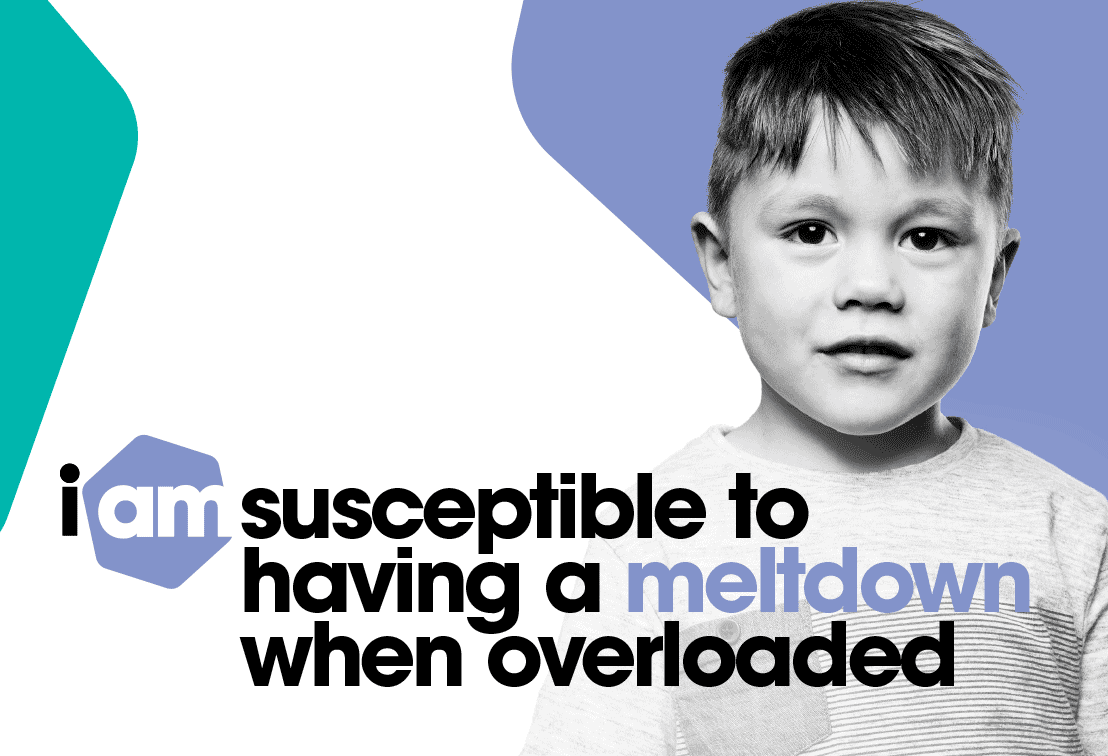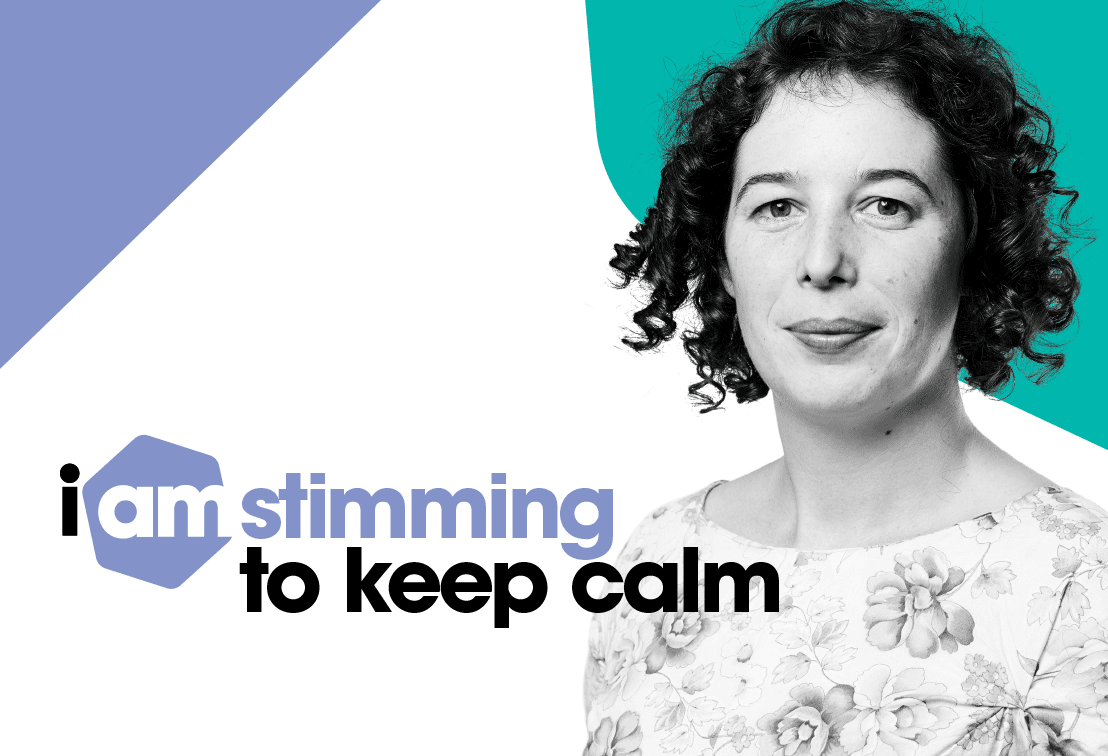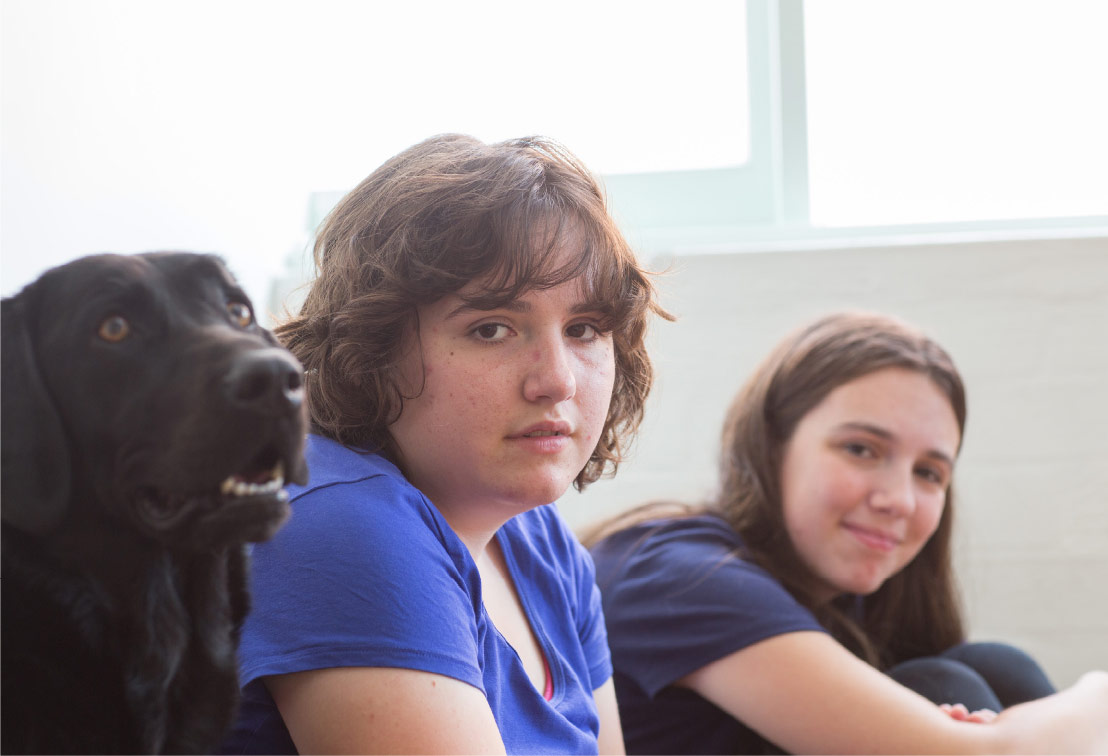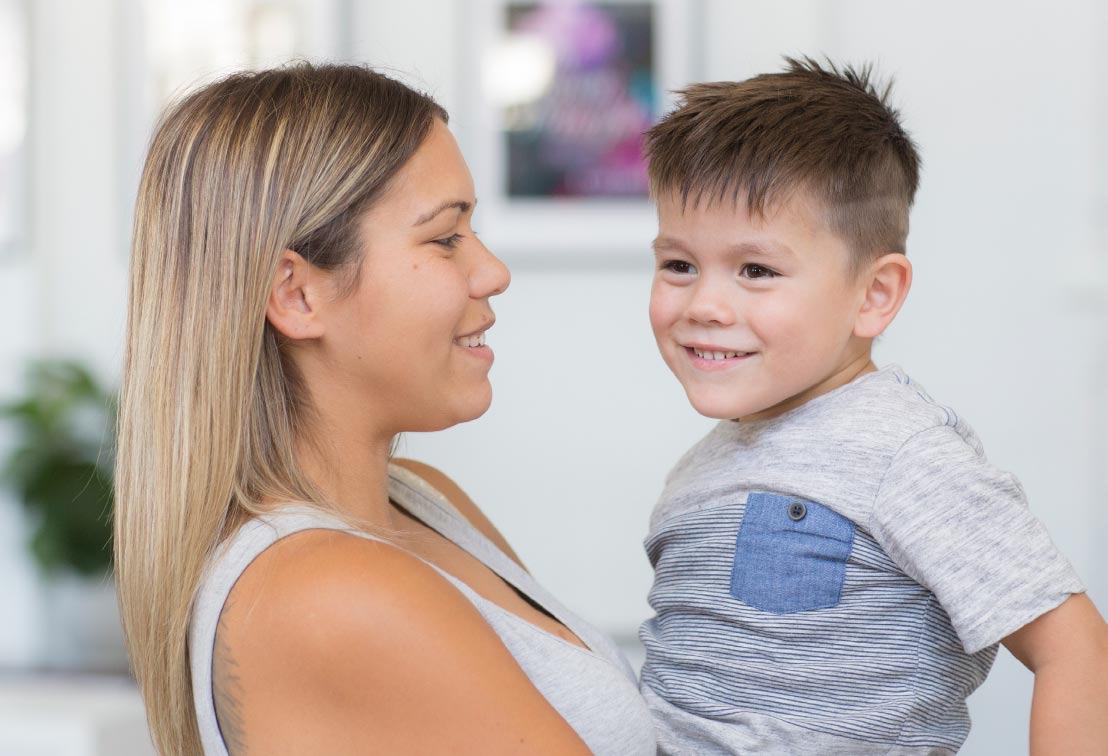Submit your film
Final Checklist
Congratulations! Before you submit your film, make sure you have familiarised yourself with the Make a Film entry process you can download the Participant Pack here. Then reference the final checklist below and you’re all ready to upload!
1. You have read the 2018 Video Release terms and conditions and signed the Consent Form, and have it ready to upload with your video
2. Your file is named following the convention of: YourFirstName_YourLastName_SP2018
3. The Email address to enter in the WeTransfer upload is darren.devlyn@amaze.org.au
4. Remember to write your name in the message (refer to Participant Pack for instructions).
Upload your film




